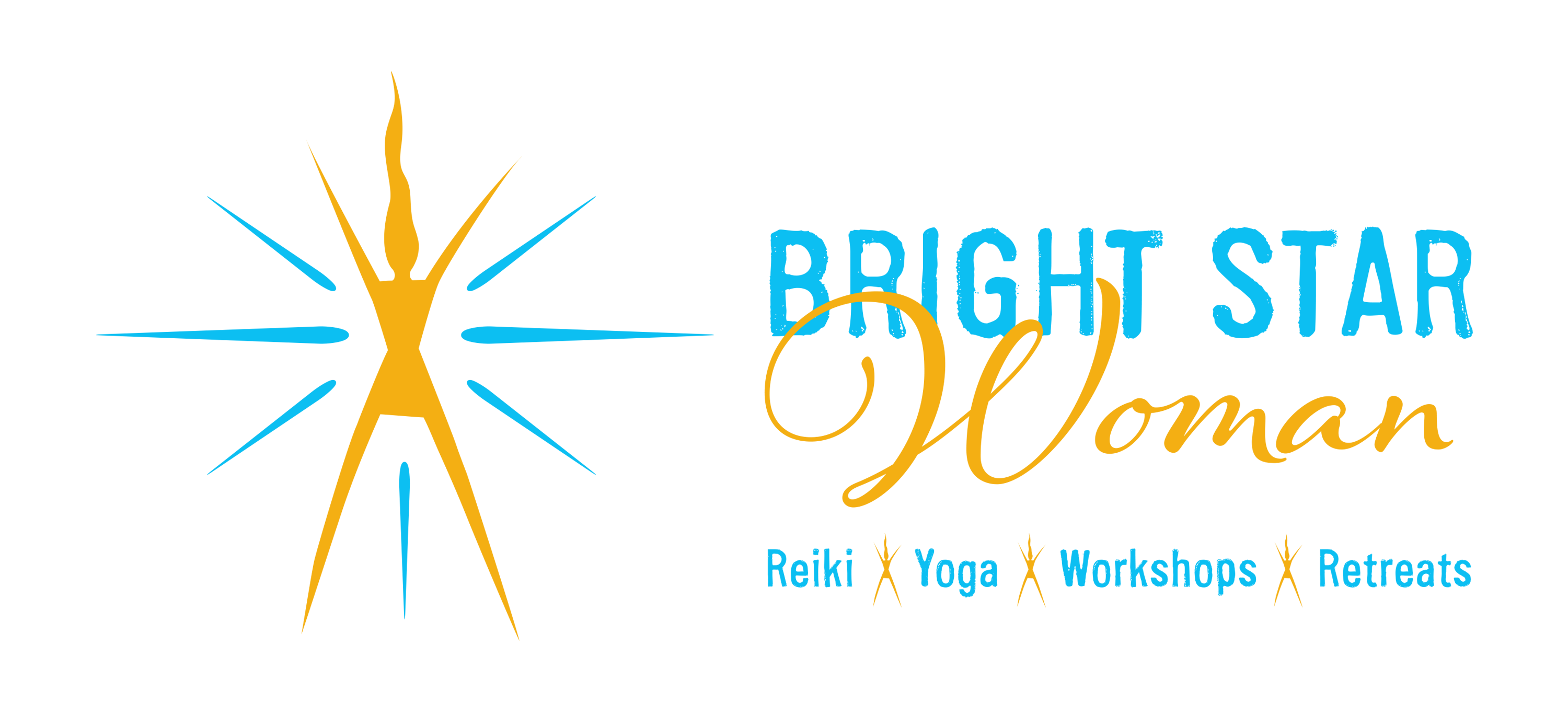As part of my goal of a more frugal, intentional lifestyle meets my love of reading, I’ve been known to hang out at the municipal library. A lot. In the last year, I’ve read a lot of light, fun novels but I’ve also started to return to Paulo Coelho, and other more philosophical reads or non-fiction with a personal development twist.
I used to love EVERYTHING Coelho published, until I didn’t. After The Witch of Portobello, I took a break. I didn’t feel compelled by the writing anymore so I knew that I needed to step back. Sometimes, authors go through phases, but so do readers, even the die hard fans.
When I got back to his work, I decided to read Brida, which was a contemporary story about a young Irish woman who wished to reconnect with witchcraft. It was a beautiful story that flirted with some New Age concepts such as Twin Flames. Coelho is fascinated with mystique, spirituality (The Alchemist), the history of religions, human nature (By the River Piedra I Sat Down and Wept, Veronika Decides to Die, Eleven Minutes) and relationships (Love: Selected Quotations, The Zahir: A Novel of Obsession, Adultery). He also seems to be drawn to matters relating to lightwork and purpose, as he’s more obviously expressed in works like The Warrior of the Light. Essentially, his books, whether they’re fiction or based on facts, are about the journeys we make and how those journeys influence our lives.
Book Review: The Manuscript Found in Accra, by Paulo Coelho
The Manuscript Found in Accra is one of those books based on fact. Coelho brings to life the reality of people in Jerusalem, on July 14, 1099. The city is waiting for the invasion of the crusaders who have surrounded the gates. Inside the ancient city walls, the people have gathered to hear the wise words of a mysterious man known only as the Copt. They ask him questions in the hopes he’ll share his wisdom about life.
Although this is not written in poetry but in prose, the structure reminds me of The Prophet by Kahlil Gibran. In his poem, Gibran tackles complex topics in simple terms. Coelho achieves the same thing with similar complex subjects that have puzzled humankind for centuries. They both speak of love, success, work and family. Both books share a teacher to student interaction, speak to crowd, wise to curious. They share the quality of easily being referenced beyond their initial read. I’m sure that if we compared them more carefully, we’d find even more similarities. Both narratives begin with a wise man leaving his legacy to a village before an end; in one case, the prophet departs while in the other, the city will be under siege. The other difference is that Gibran’s work is his perspective on life and spirituality presented in the form of fiction, while Coelho’s work is about a historical event, interpreted.
As I remind myself that nuggets from Coelho’s Manuscript Found in Accra came from an ancient document, I’m impressed with the relatability of the discussions and concerns. Many of the observations made are still applicable today! It reminds me that there has always been hope for the awakening of our collective consciousness but that through history, our metaphors evolved and slowly but surely, more of us now wish to lead conscious lives.
We seek to reconnect with our true natures, we often look for a godly presence in our lives or wish to find the sacred. We yearn for harmony, we wander looking for purpose and we crave meaning.
What books have led you to reflect on human nature, purpose and spirituality?



